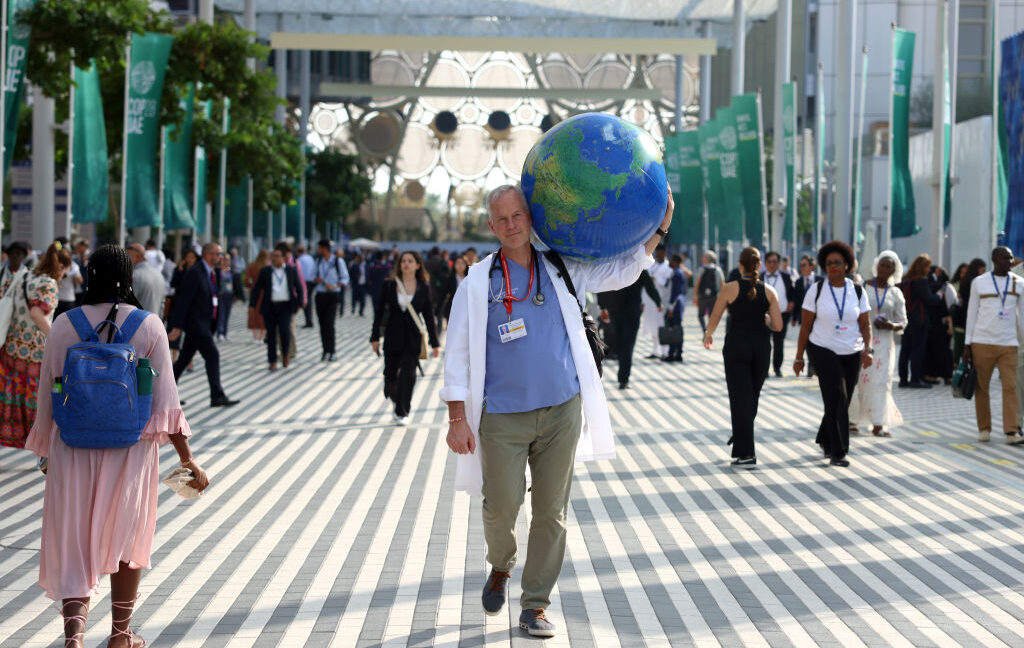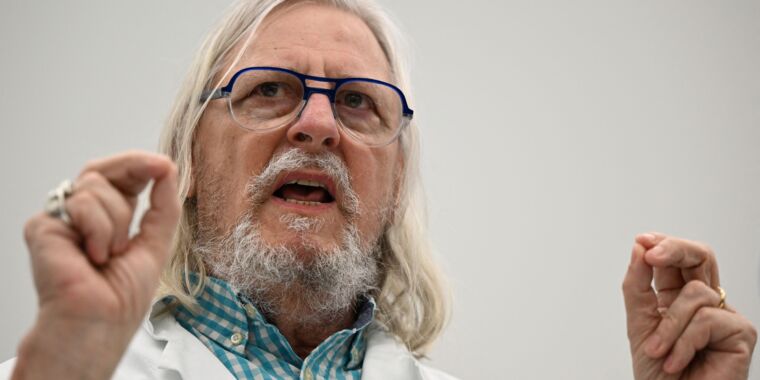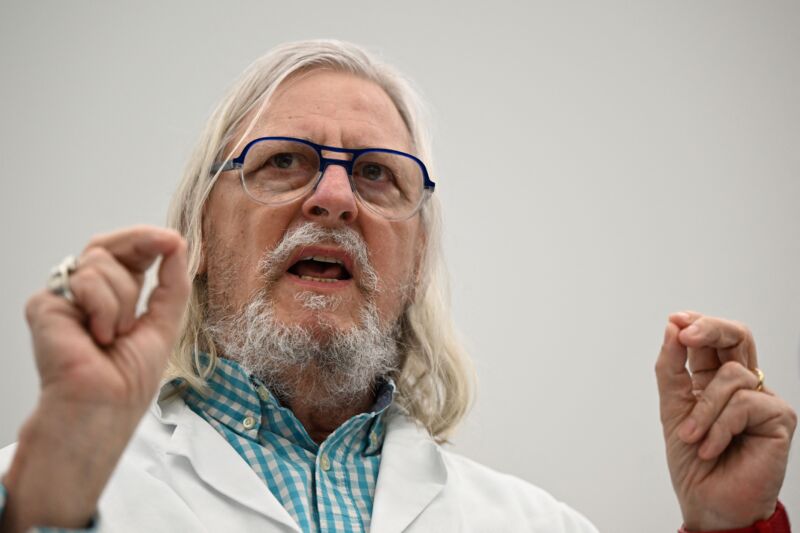A how-to for ethical geoengineering research
Holistic climate justice: The guidelines recognize that geoengineering won’t affect just those people currently residing on Earth, but on future generations as well. Some methods, like stratospheric aerosols, don’t eliminate the risks caused by warming, but shift them onto future generations, who will face sudden and potentially dramatic warming if the geoengineering is ever stopped. Others may cause regional differences in either benefits or warming, shifting consequences to different populations.
Special attention should be paid to those who have historically been on the wrong side of environmental problems in the past. And harms to nature need to be considered as well.
Inclusive public participation: The research shouldn’t be approached as simply a scientific process; instead, any affected communities should be included in the process, and informed consent should be obtained from them. There should be ongoing public engagement with those communities and adapt to their cultural values.
Transparency: The public needs to be aware of who’s funding any geoengineering research and ensure that whoever’s providing the money doesn’t influence decisions regarding the design of the research. Those decisions, and the considerations behind them, should also be made clear to the public.
Informed governance: Any experiments have to conform to laws ranging from local to international. Any research programs should be approved by an independent body before any work starts. All the parties involved—and this could include the funders, the institutions, and outside contractors—should be held accountable to governments, public institutions, and those who will potentially be impacted by the work.
If you think this will make pursuing this research considerably more complicated, you are absolutely correct. But again, even tests of these approaches could have serious environmental consequences. And many of these things represent best practices for any research with potential public consequences; the fact that they haven’t always been pursued is not an excuse to continue to avoid doing them.
A how-to for ethical geoengineering research Read More »


